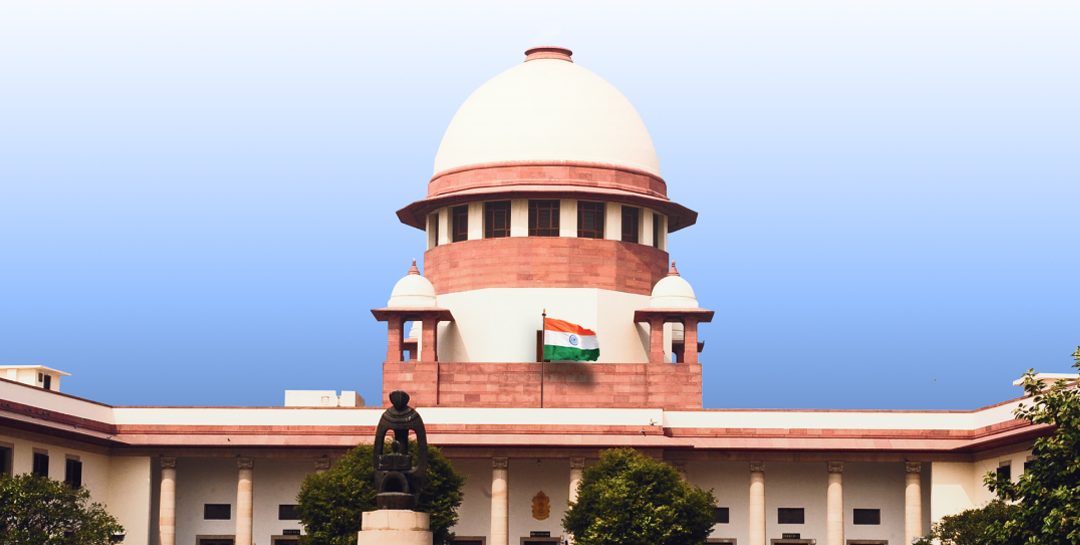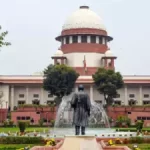AGRA: In a significant move aimed at improving road safety and saving lives, the Supreme Court has directed all states and Union Territories to develop a “Swift Response Protocol” (SRP) within six months. The protocol is intended to ensure timely medical assistance for road accident victims, provide fair compensation, and offer legal protection to good Samaritans who assist at crash sites.
The directive came during the hearing of a public interest litigation (PIL) filed by Agra-based lawyer K.C. Jain. A bench comprising Justices Abhay S. Oka and Ujjal Bhuyan expressed concern over the growing number of road accidents and the lack of adequate emergency response mechanisms.
“Road accidents are on the rise across the country. Victims often do not receive immediate help, and in many cases, individuals remain trapped in vehicles due to the absence of a rapid response system,” the bench noted. “While it may not be feasible at this stage to issue a formal mandamus, states must take effective steps to implement swift response protocols to ensure timely assistance and safety for victims.”
During the hearing, the Additional Advocate General informed the court that the National Highways Authority of India (NHAI) had already drafted a note outlining road safety measures and response protocols. Acknowledging this, the court directed NHAI to circulate the document to all states and Union Territories to serve as a guideline in drafting their respective protocols.
The court also instructed NHAI to file an affidavit within six months detailing its support strategy for the implementation of these measures.
Additionally, the petitioner raised concerns about the long-pending establishment of the National Road Safety Board. In response, the bench directed the Centre to expedite the appointment of the board’s chairman and members and to submit a response within two weeks.
Speaking to TOI, Jain emphasized the urgency of the issue. “Until injured persons receive timely assistance and fatigued drivers are prevented from being forced to operate vehicles, we’ll continue to lose lives on the roads,” he said. “This fight is not just about legal reform — it’s about preserving human life. I believe change is now inevitable, because the court has heard the voice of humanity.”






